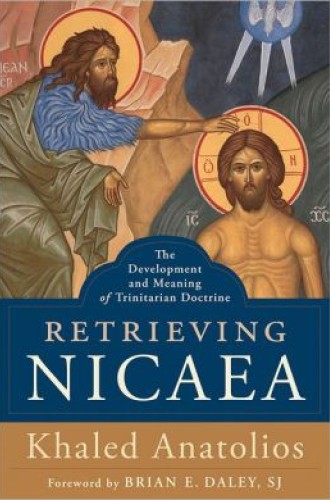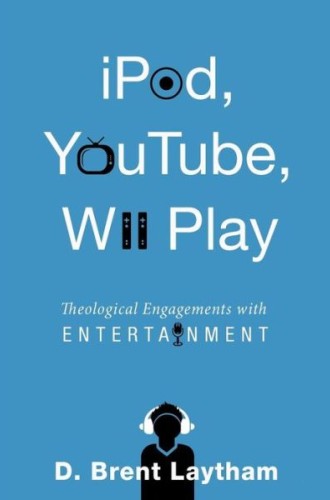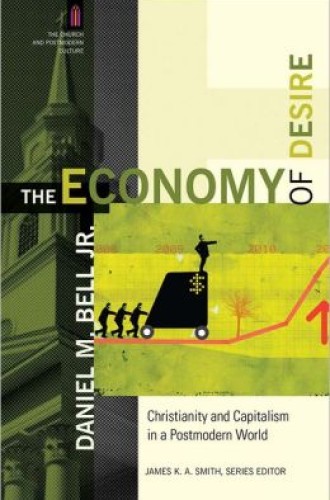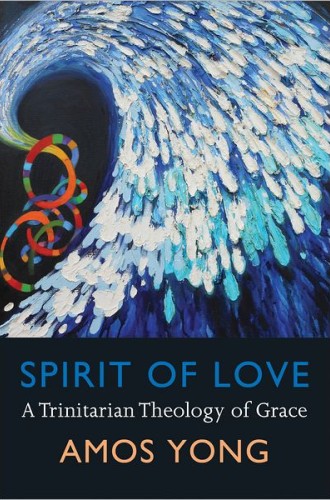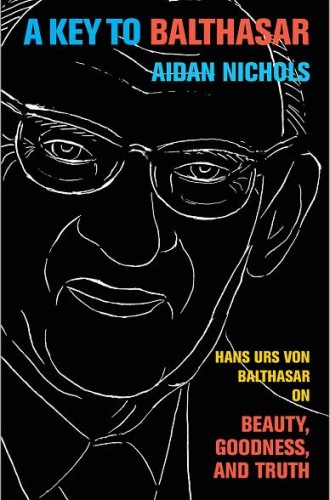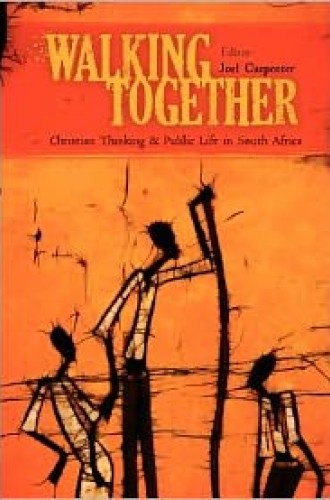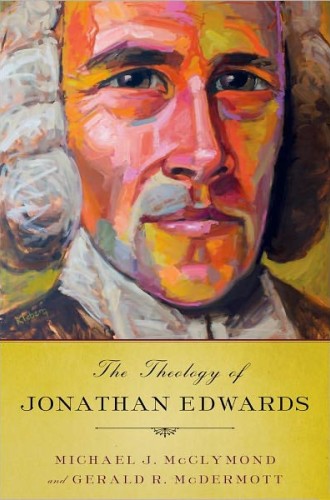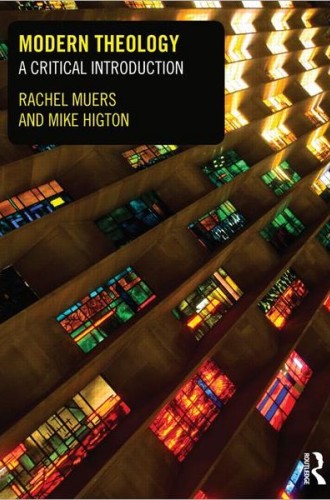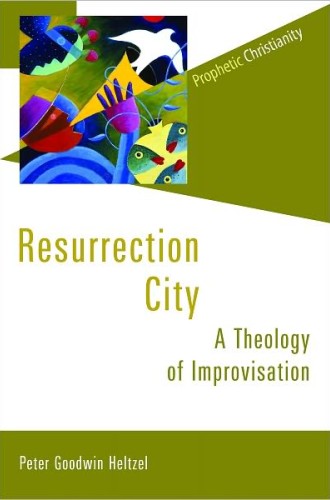Theology
Retrieving Nicaea: The Development and Meaning of Trinitarian Doctrine, by Khaled Anatolios. This book makes for challenging reading, but its ambition of retrieving the systematic scope of Nicene trinitarianism for contemporary theology rewards the effort. A careful and generous reader of the fourth- and fifth-century debates, Anatolios reaches beyond abstract historical and doctrinal understandings to the trinitarian piety reflected in Athanasius, Gregory of Nyssa and Augustine and encourages contemporary readers to likewise allow themselves “to be determined by God’s trinitarian being.”
iPod, YouTube, Wii Play: Theological Engagements with Entertainment, by D. Brent Laytham. As his playful title suggests, Laytham uses a light touch to tackle a multifaceted cultural issue with enormous ramifications for Christian life. Considering everything from Twitter to spectator sports, from video games to “celebrity audio Bibles,” Laytham thoughtfully explores Western forms of entertainment and their colonization of our habits and imaginations. He defends the proper place of trivial pursuits in our lives while alerting us to how entertainments distort life and draw us into idolatry.
The Economy of Desire: Christianity and Capitalism in a Postmodern World, by Daniel M. Bell Jr. Bell joins a chorus of voices offering a sustained theological critique of capitalism, but he does so with a particular concern for providing guidance to the church. The Economy of Desire draws on the postmodern theorists Gilles Deleuze and Michel Foucault, but the heart of Bell’s vision for an alternative “Christian economics” is Augustinian. As Bell admits, we cannot simply vacate the “earthly city” of capitalism in favor of some separate Christian economic zone. But by uncovering the central doctrines of “capitalist theology,” especially its anthropology of insatiable desire, Bell hopes to clear the way for the church to model a “healing of human desire turned outward to service and gift, all for the sake of community.”
Spirit of Love: A Trinitarian Theology of Grace, by Amos Yong. One of the foremost Pentecostal theologians, Yong offers an ecumenical and interdisciplinary theology of the Holy Spirit that engages both theological and scientific approaches. His aim is twofold: to uncover a Pentecostal emphasis on love, which has often been overshadowed by attention to the power of the Spirit, and to show that Pentecostal understandings of the Spirit can make a contribution to larger Christian discussions of God’s love.
A Key to Balthasar: Hans Urs von Balthasar on Beauty, Goodness, and Truth, by Aidan Nichols, and Balthasar: A (Very) Critical Introduction, by Karen Kilby. Balthasar is widely regarded as the most important Catholic theologian of the 20th century and has garnered enormous scholarly attention in recent decades, yet his immense output and distinctive style make his works very daunting to read without assistance. These two books can help. Nichols uses the words being, form, freedom and logic to bring Balthasar’s great trilogy on beauty, goodness and truth into focus. Kilby explores the formative influences on and distinctive thought patterns of Balthasar’s theology. She recognizes Balthasar’s monumental achievement and raises very critical questions about his approach.
Walking Together: Christian Thinking and Public Life in South Africa, edited by Joel Carpenter. This edited volume brings together reflections of African and North American Christians from various racial and confessional backgrounds who share a “commitment to think and live in the public arena from the perspective of Christian faith.” The authors “plunged into the deep end of South African reality” during an intensive period of meeting and traveling together and came away with new insights and questions about Christian faith and public life in a global context. For the North American authors, this involved wrestling anew with the racism and economic inequalities of their own culture.
The Theology of Jonathan Edwards, by Michael J. McClymond and Gerald R. McDermott. Drawing on both the large corpus of Edwards’s own writings and the mountain of secondary literature emerging from an extraordinary renaissance in Edwards studies over the last several decades, McClymond and McDermott have produced the most comprehensive treatment of Edwards’s thought available. The authors make a spirited case for Edwards’s contemporary value as “a point of reference for theological interchange and dialogue.”
Modern Theology: A Critical Introduction, by Rachel Muers and Mike Higton. This engagingly written textbook serves as both a historical and a theological introduction to the modern period in theology. Divided into two sections, on key thinkers and key themes, it traces the development of 19th-century Western theology, then illuminates the many bridges to contemporary theological concerns. A glossary, an annotated bibliography and plentiful illustrations make it an ideal guide to or refresher course on classic voices and new debates.
Resurrection City: A Theology of Improvisation, by Peter Goodwin Heltzel. Heltzel’s prophetic evangelicalism uses the motif of improvisational jazz, especially John Coltrane’s A Love Supreme, to model how theology can draw on jazz traditions to speak a new word to injustice, racial bigotry and the concerns of the poor and marginalized. The book’s title recalls the shantytown built on the National Mall in Washington, D.C., after Martin Luther King’s assassination. Heltzel draws inspiration from the black freedom struggle to craft a biblical theology of justice and love that summons Christian communities to anticipate the resurrection city of God’s reign here and now.


